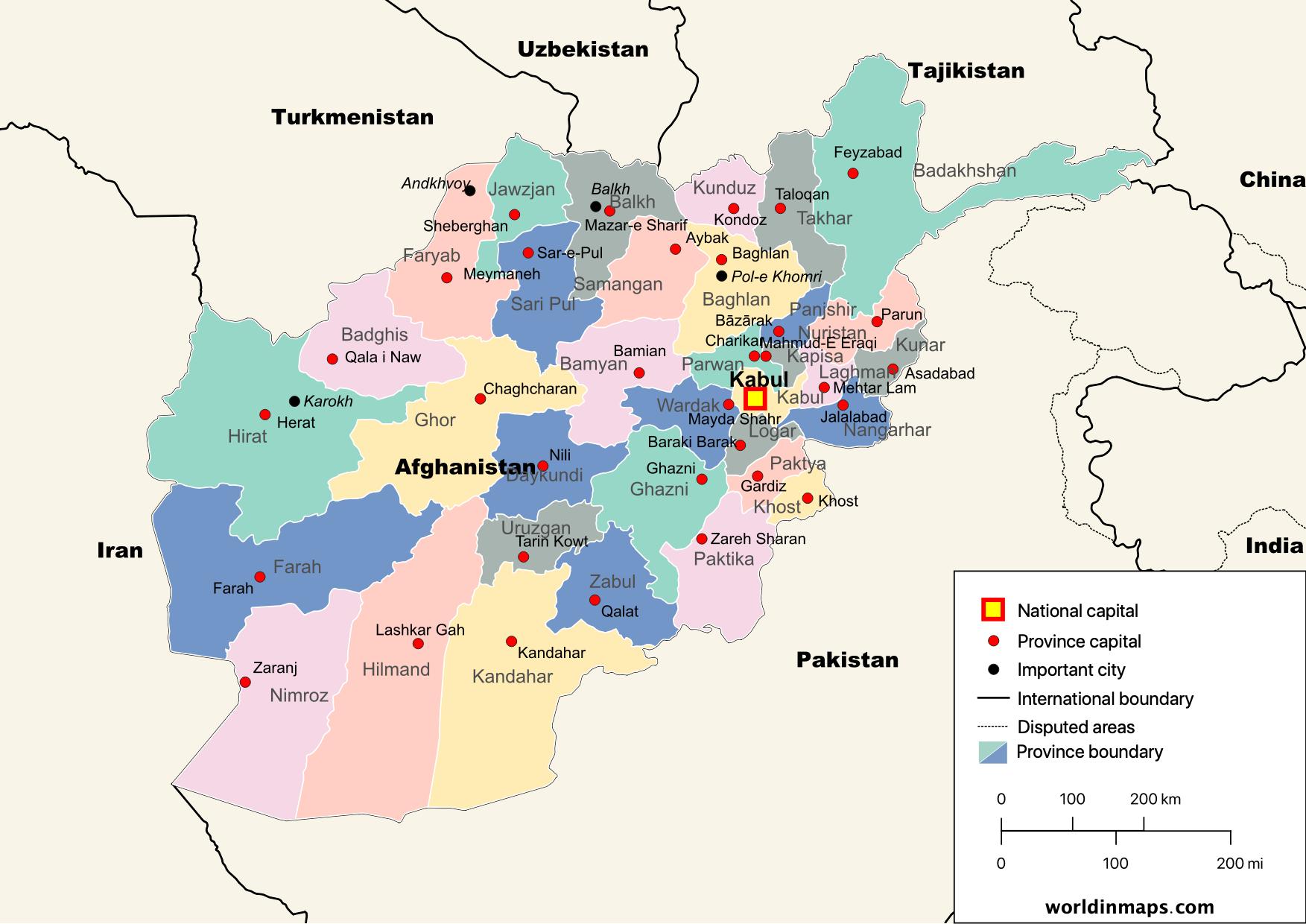In several of my proposed solutions to Ukrainian question I mentioned term 'buffer state'. That means a state that exists as a natural barrier between two other states, preventing them from interacting with each other. Such buffer states are needed when contact between two states separated by the buffer state is undesirable for some reason. Typically, because it is in the national interests of one of these states, but sometimes both.
Examples of such buffer states are many. For example, Belgium, Afghanistan and North Korea.
Examples of Buffer States
Belgium is a little bit of a special case here. as it when it was created Netherlands, France and UK all vied for control over this lucrative area. Creating independent state allowed them avoiding complicated disputes over who gets what there and in practice UK has the highest level of influence in Belgium.
Belgium continues to exist despite northern part of the country wants to secede from the south one. However, if that were to happen southern part (Wallonia) will likely unify with France and UK does not want that. Because of these reasons Belgium still exists.
Afghanistan makes almost a textbook example of a buffer state. It is geographically located on economically insignificant and hard to travel land. It is inhabitant by hostile warlike people who do not like any outsiders. Finally, its borders, including its infamous 'pan handle' that goes all the way to Chinese borders that completely prevent any travel from north to south or back other than through the Afghan territory.
All of the above forces any military invasion north or south of the area to first fight through the hostile Afghan people before you even able to reach the area you actually want to invade.
For a modern US army with its aircraft carriers and strong navy that sounds like moot point. As navy can sail, attack and invade nearly anywhere. However back before carriers or even aircrafts were invented this was a significant consideration. Especially for a mostly land based army such as Russian one.
Afghanistan in their current borders was created by the UK back in the end of 19th century. Back then Brits deliberately helped Pashtuns from the south of modern Afghanistan to conquer significant areas in the north, inhabitant by various other ethnic groups such as Tajiks or Hazara.
They done it not out of kindness of their hearts and concern for Pashtun wellbeing. Doing so served UK's national interests in two major ways.
Russia, who was at the time conquering various countries in modern Central Asia, was getting dangerously close to borders of British India, modern Pakistan in this case. UK was concerned that Russia might try to invade British India, so they made a preventive move and established Afghanistan with its current borders as a means to separate British India from anything further north. Thanks to that Russia would have to fight Afghans first if it wanted to get to British India. If Russia indeed attempts something like that UK will have plenty of time to reinforce British India, providing Russia even manages to get through the Afghanistan in the first place. Such an elegant solution allowed UK to use Afghanis as free guards for its British India and saved a lot of money on military.
Second reason was to tie down the Pashtuns themselves. Pashtuns resented that UK conquered their territories south of Kyber Pass and occasionally tried to take them back. By giving these Pashtuns an empire full of different ethnic groups who resent Pashtun rule, they tied down Pashtun forces to pacification duties. That way Pashtuns could no longer attempt to reconquer the south as withdrawing from the north would make Tajiks and other northerners to revolt and overthrow Pashtun rule. Yet another convenient solution to UK national interests in British India.



No comments:
Post a Comment